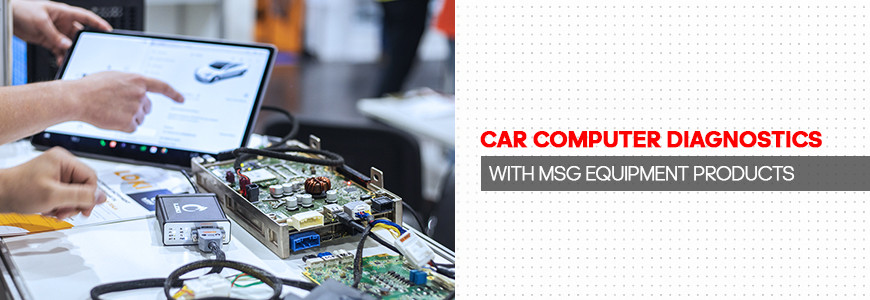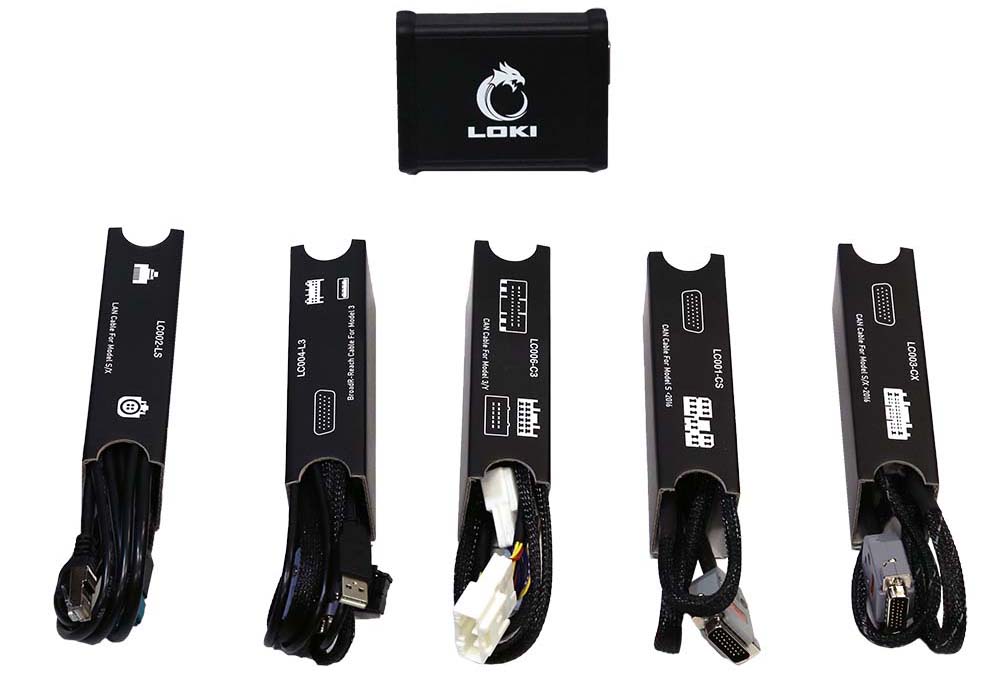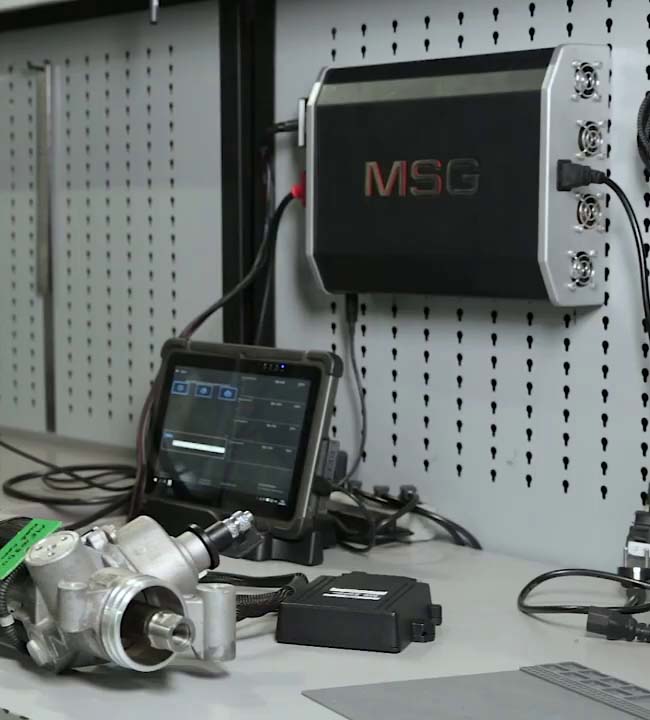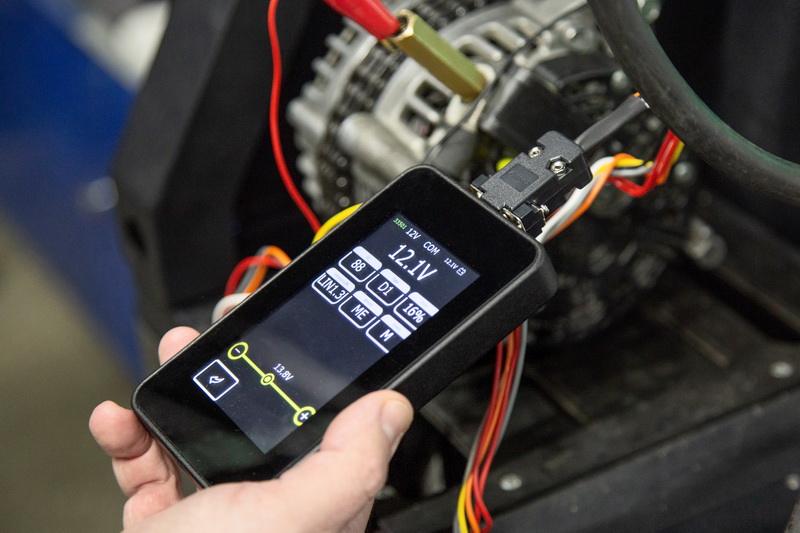Car computer diagnostics with MSG Equipment products

In the modern era, computer diagnostics have revolutionized the methods of troubleshooting and technical maintenance of cars. Gone are the days when identifying car malfunctions relied solely on the intuition and expertise of mechanics. Computer diagnostics utilize software and equipment for comprehensive analysis of the car's condition, its systems, and components.
Capabilities of computer diagnostics
Computer diagnostics allow technicians to retrieve and interpret the fault codes generated by the car's electronic control unit (ECU). These codes provide specific information about malfunctions in various systems: the engine, transmission, ABS, airbags, and more. Analyzing the fault codes enables technical specialists to quickly identify problematic areas, facilitating targeted repairs and reducing diagnostic time.
Additionally, computer diagnostics enable real-time monitoring of readings from various sensors, which helps detect deviations or abnormalities in the normal functioning of the car's systems. Real-time data monitoring is particularly useful for diagnosing intermittent issues that may not trigger fault codes.
Over the past few years, the scope of computer diagnostics tasks has significantly expanded. Modern cars are more computerized than ever before. Therefore, calibration, adaptation, and software updates have become highly sought-after tasks.
Although computer diagnostics provide valuable information about car malfunctions, they don't always precisely determine the root cause of the problem. Qualified technicians must correctly interpret the data obtained from the control units and conduct additional tests for accurate problem diagnosis.
What equipment does MSG Equipment offer to enhance the capabilities of car computer diagnostics?
LOKI Scanner
The LOKI diagnostic scanner is designed to enable any service station to perform a full range of diagnostic, servicing, and repair services for the entire Tesla model range.

Capabilities of the LOKI scanner:
- Viewing all car errors;
- Self-tests of car modules;
- Real-time data viewing via the CAN bus;
- Calibration and adaptation of systems;
- Editing unprotected configuration parameters for Model 3/Y;
- Changing all configuration parameters for Model S/X (prior to firmware 2020.48, afterwards - only unprotected parameters);
- Linking control modules after their replacemen;
- Clearing crash SDM / TAS / RCM1 / RCM2 / VCFRONT / Li-Ion Battery (MS / 3 / X / Y);
and more.
MS561 Tester
The MS561 tester is designed for diagnosing dismounted electric power steering (EPS) units controlled via CAN, CAN-FD, and FlexRay protocols.

Capabilities of the MS561 tester:
- Diagnosing steering racks and columns with EPS.
- Diagnosing EPS pumps.
- Diagnosing torque sensors separately from the steering rack.
Thanks to the presence of an OBD II connector in the tester, a diagnostic scanner can be connected to the EPS unit for:
- Reading and clearing errors.
- Viewing real-time data.
- Reading information stored in the control unit.
- Coding.
- Software updates.
- Sensor calibration, and more.
MS016 Tester
The MS016 tester is designed for express diagnostics of 12/24V car alternators, 12V start-stop system generators, and starters directly on the car.

Capabilities of the MS016 tester:
- Diagnosing car alternators directly on the car, including 12V start-stop system alternators (VALEO I-StARS).
- Determining the functionality of voltage regulators separately from the alternator.
- With the use of the MS-33503 cable, the tester diagnoses the car's starter without disassembling it.
- Reading and saving data transmitted via the car's LIN bus (LIN analyzer function).
Conclusion
Computer diagnostics has become an indispensable tool in the automotive industry, allowing mechanics to quickly and accurately identify malfunctions in modern cars. MSG Equipment offers advanced diagnostic tools that significantly expand the capabilities of computer diagnostics for both internal combustion engine vehicles and electric vehicles. With extensive diagnostic capabilities, coverage of a wide range of vehicles, a user-friendly interface, and functional features, automotive technicians at service stations can conduct diagnostics and repairs with high precision and efficiency. This ensures excellent service, minimizes downtime, and overall customer satisfaction.








